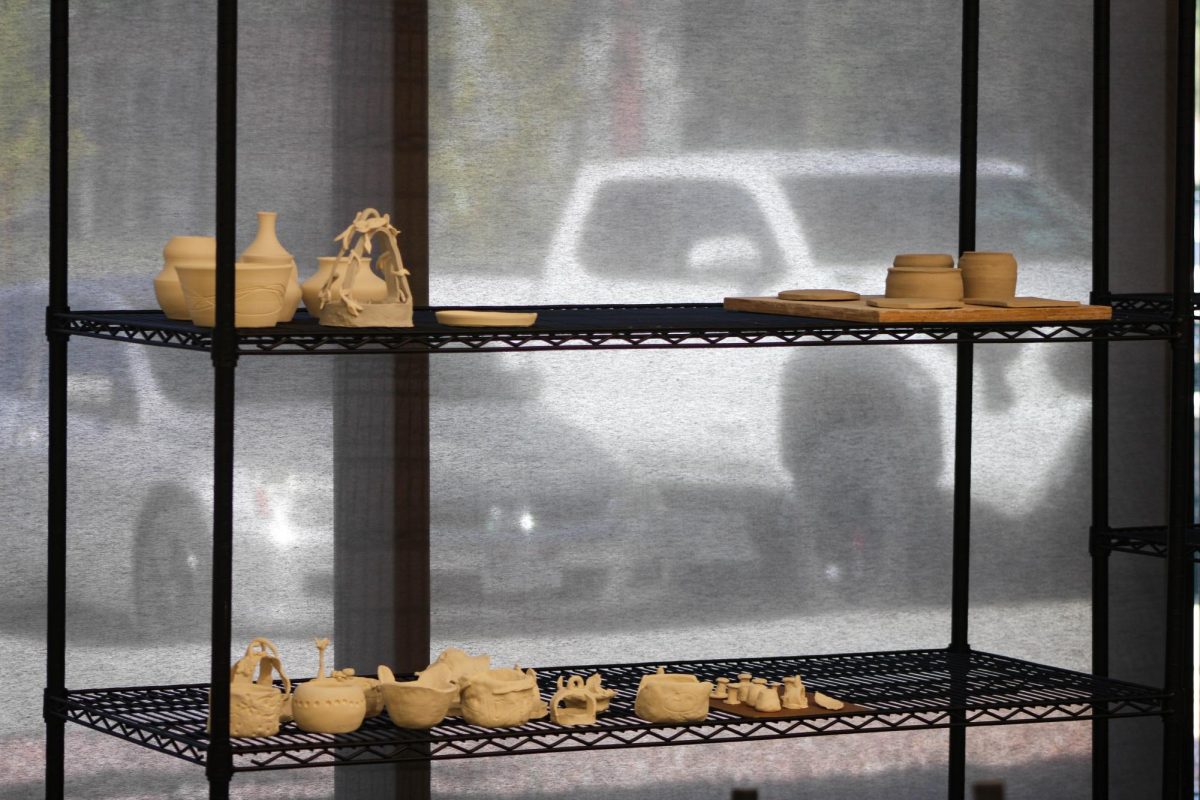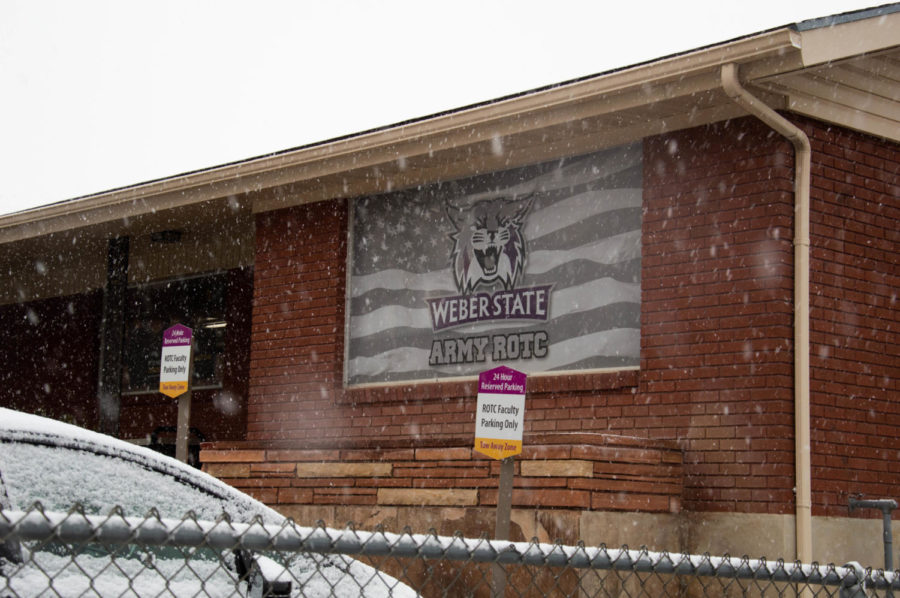To many students, the concept of juggling school, work and their social lives along with the pressures of parenthood would be unthinkable — yet many Weber State University students find themselves in this situation.
Being a student-parent not only comes with the frequent need for time away from home; with the accompanying workload, schooling often carries over into the limited time the student does get to spend at home. WSU junior Denise Udy, who is currently pregnant with her fourth child, said her children don’t understand why she has to work on school even when she’s home.
“It’s different than having a full-time job, where you’re gone, but you know you’re gone, and you can come home and be done,” said Udy, who is double-majoring in English and history and also works as a registration clerk at WSU. “I go to school and I come home, but then I have hours of homework . . . the hardest part of homework is they don’t understand. I’m home, I should be able to play, and they don’t understand that I can’t.”
Many students who have children also have spouses who go to school or work full-time. Andrew Helms, a junior in creative writing, has to coordinate his school schedule with his wife’s so that someone is always home to watch their 1-year-old son.
“She takes one or two classes a semester, and I just make sure that I don’t register for classes at the same time,” he said. “And I work a graveyard shift, so that makes it a little bit easier.”
Other students have family nearby who are able to share the responsibilities. Jamie Ratcliffe, a student in WSU’s Master of English program, said her children usually spend time with their grandparents when she has night classes.
Udy said her family currently lives with her in-laws, so her father-in-law will be tending the new baby during the day. She takes her classes during the day so she can be done by the time her older children are home from school.
“We’re very lucky to have family that can help,” she said.
Ratcliffe said one difficult part of being a student-parent is overcoming cultural attitudes about working — or studying — mothers.
“For me school is really important, and it’s really important to me to finish my degree, but people look at me and say, ‘Oh, well, you’re a mom, and that’s all you need to do,'” she said. “It’s almost like if you’re a mom . . . then you should just forget about everything else in your life, who you are as a person other than a mom . . . especially in Utah, that’s a hard stereotype to overcome.”
Udy said one positive pressure of the situation is setting an example for her children.
“. . . I think the best part of it is . . . showing them that you can go after your dreams; Mom and Dad did it, and it’s gonna encourage them, because I want them in school. I want them to go to college, so hopefully they’ll remember.”
Udy said she hopes the education will ultimately benefit her children, not only for the message it sends to them but for the opportunities it might give her.
“I don’t think it’s anything that should stop someone from going to school. . . . In the end, hopefully it’ll give me more time with my kids, because I’ll be able to get a job that will allow me to have that opportunity.”
Helms also said being a parent at the same time he is going to school inspires him to work harder in college.
“Once you’ve had a kid, there’s nothing that would be worth not having them around anymore, so it’s all worth it in the end,” he said. “And part of the reason I’m so dedicated to my schooling is having children. It kind of gives you extra drive and the push to succeed.”



















